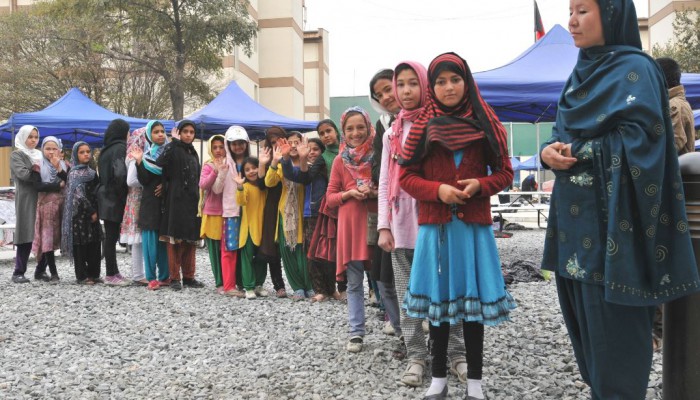Female refugees: Bodies as counter-political testifiers
This post forms part of our series in showcasing abstracts of presentations featured at our annual postgraduate interdisciplinary conference on refugee and forced migration research, hosted in November 2018 at The University of Melbourne.
HADEEL ABDELHAMEED & MONICA KEILLY
This paper investigates the role of female refugees’ physicality in documenting body persecution. It shows that the lives and bodies of asylum seekers are conceived as ungrievable according to an ontological apprehension of life. Accordingly, the wasted (mutilated or incarcerated) bodies of female refugees and asylum seekers act as counter-political factors to resist invisible policies of negligence performed by host governments. The paper is a blend of reality and theatricality. It is a critique of an Iraqi war drama that tackled stories of three female refugees. These narratives are interwoven with personal observations and interviews done by an Australian young woman who was an eyewitness to the stories of persecution inflicted upon Palestinian people. While it provides a realistic background of the violence that causes them to become displaced and seek of refuge, it emphasizes that persecution does not stop as they reach the host countries.
Hadeel Abdelhameed is a PhD candidate at La Trobe university; Drama and Performing Arts Program. Her research is a comparative study between Iraqi and Australian war drama that tackled women’s involvement in inner conflicts or global combats. She is an activist who sees in drama a type of creative activism.
Monica Keilly has worked as a human rights observer and contributed to international protective presence in occupied Palestine and Israel. She has conducted research into gender-based violence as a Research Assistant to Prof. Jacqui True (Monash GPS) and also to Dr. Jasmine-Kim Westendorf (La Trobe University) and Humanitarian Advisory Group. She is a current student of International Relations.
